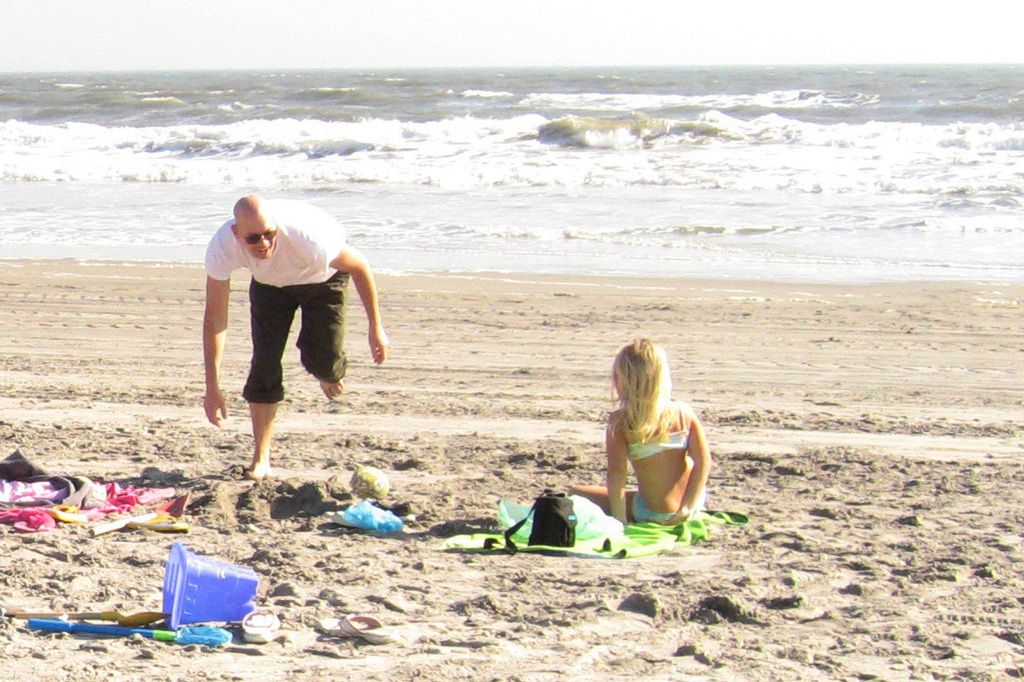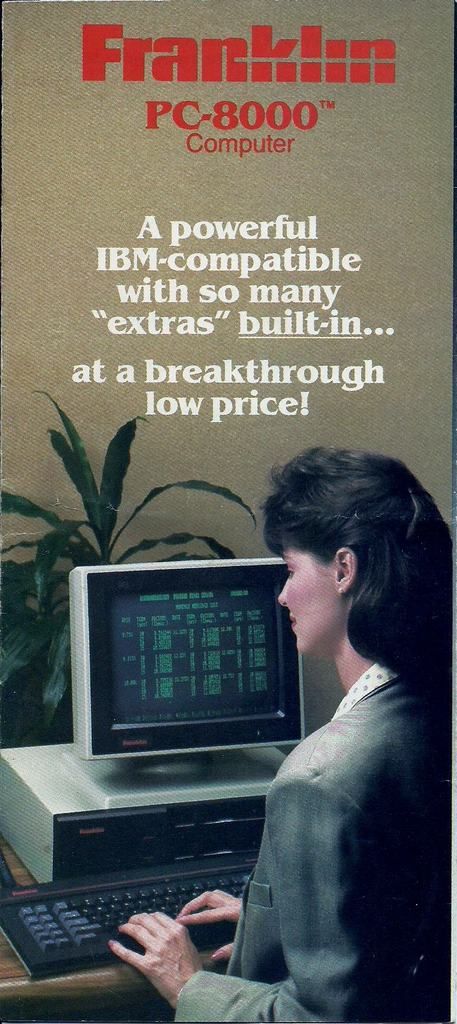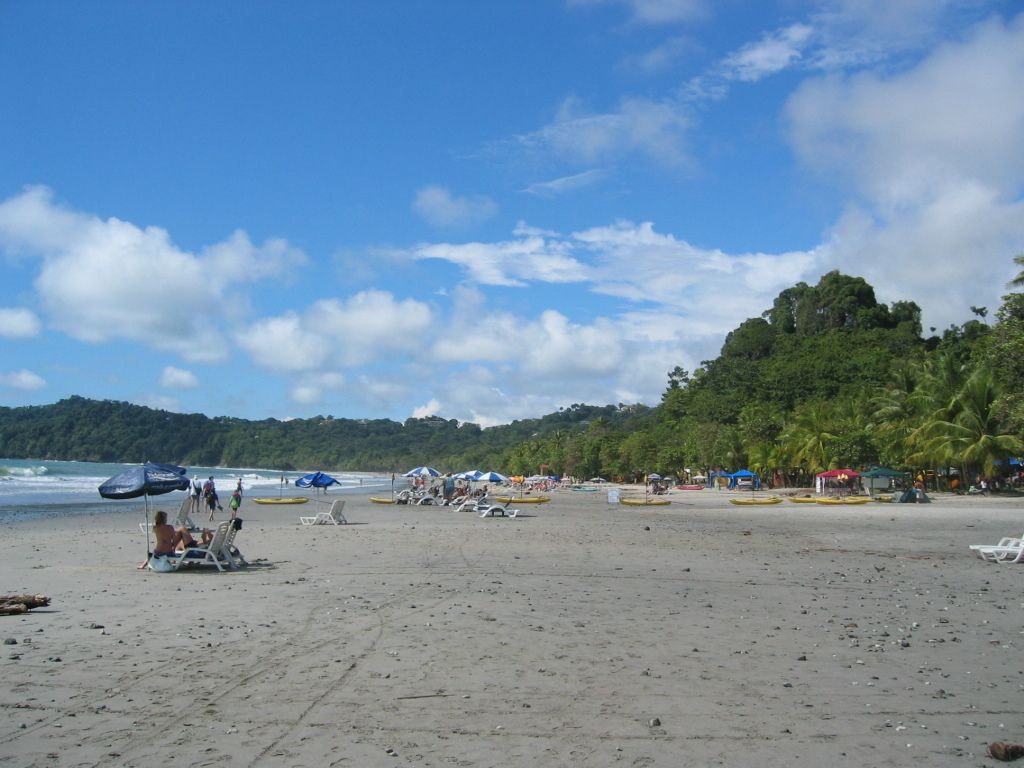Priced nearly twice as much as five years ago, the priciest home in Moscow shows a significant increase in value.
Here's the fresh, original version:
Striking a chord in the luxury real estate market, the priciest penthouse up for grabs in Moscow clocks in at a whopping 3.76 billion rubles, representing a staggering 91.8% hike from its worth in May 2020 (1.96 billion rubles), and a 74.9% surge compared to May 2024's value (2.15 billion rubles) according to the company's report. Surprisingly, this steep price escalation isn't coupled with a change in living space size, but rather a mind-boggling near-doubling in the price per square meter of the premium project.
Enter Anna Rajabova, the director of the premium real estate department at Metrium Premium. She shed light on the fact that the top-shelf, most coveted plots are observing an accelerated price climb compared to the market benchmark. Soaring prices have already surpassed the 10 billion rubles mark when considering closed sales, with the price per square meter skyrocketing to 9 million rubles in such properties.
Nevertheless, analysts caution that the upward trend in pricing is pervasive across the entire housing spectrum. For example, average pricing for mass-market apartments in Moscow stands at 15.9 million rubles (up 45.9% over the last five years), while primary market apartments and business-class housing command 27.4 million rubles (up 43.5%) and 62 million rubles (up 9%) respectively. The overall average price for apartments and primary market properties has risen to 42.6 million rubles (up 79% over the last five years), according to Metrium.
Early April saw Vedomosti report data from a NF Group report, indicating a 30% year-over-year rise in luxury housing costs in the first quarter of 2025, surpassing the 2 million rubles per square meter threshold for the first time. What catalyzes the ever-increasing real estate prices, you ask? Experts chatted with Vedomosti pointed to heightened demand for luxury apartments as the primary culprit. With economic insecurity and currency fluctuations, these high-tier properties remain an alluring haven for investment and wealth preservation.
Want more real estate news? Hop on board our Telegram channel: @expert_mag **
Enrichment Data Insights:
- Moscow's luxury housing market is experiencing an upward trajectory attributed to a mix of factors such as economic circumstances, affluent buyers' demand, scarce supply, infrastructure developments, currency fluctuations, and government regulations impacting construction and supply dynamics.
- Sanctions stemming from political tensions and the conflict in Ukraine lead to higher construction costs, reduced availability of materials, and financing, driving up luxury apartment prices.
- Affluent buyers remain undeterred by economic challenges, maintaining a firm demand for luxury properties.
- Limited availability of luxury apartments fosters a sellers' market, pushing prices higher as buyers compete for scarce options.
- Infrastructure improvements in the form of new transportation systems and amenity-rich developments raise property values in selected areas.
- Currency fluctuations affect the cost of luxury construction imports, impacting prices.
- Changing government policies and regulations can influence construction industry dynamics, leading to increased costs for developers.
- Anna Rajabova, the director of the premium real estate department at Metrium Premium, stated that the most coveted plots in Moscow's real estate market are experiencing accelerated price increases, surpassing 10 billion rubles in closed sales, with the price per square meter skyrocketing to 9 million rubles.
- Despite economic insecurity and currency fluctuations, analysts observed that the steep price escalation in the luxury real estate market is not limited to top-shelf properties; the average pricing for mass-market apartments in Moscow stands at 15.9 million rubles, while primary market apartments and business-class housing command even higher prices, indicating a broad upward trend in the housing market.






